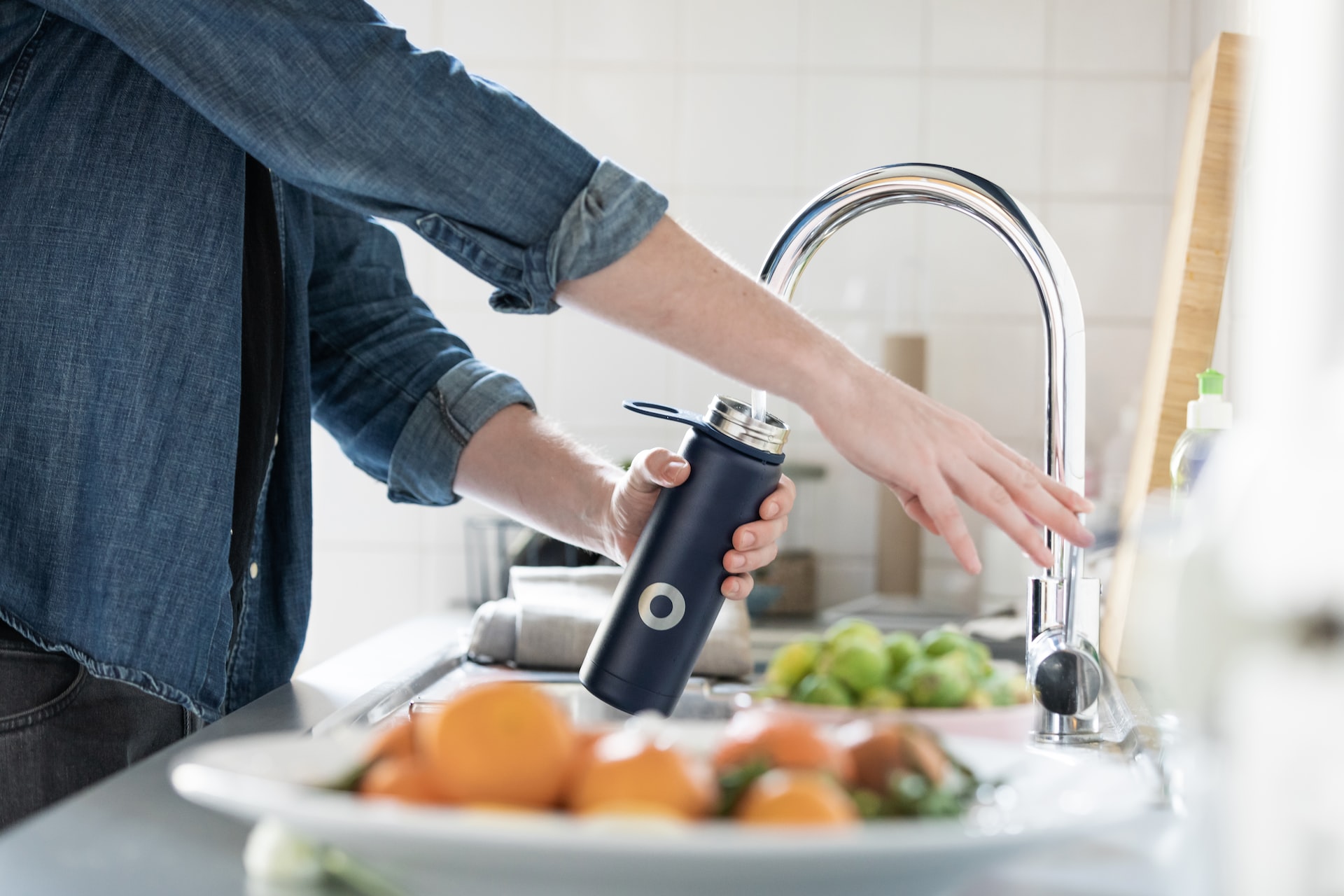7 Ways to Maintain a Healthy Drainage System
When it comes to maintaining the plumbing and drainage system in your home, prevention is always the most cost-effective method. If you know how to look after your drainage system and take the necessary steps to ensure it remains free of common blockages, you can save yourself from a lot of hassle – and money – in hiring professional help to unblock them.
In this blog, we’re going to go over seven simple ways that you can maintain a healthy drainage system, and keep the plumbing in your home functional and blockage-free. Let’s take a look!
Regular inspection
One of the easiest ways to prevent costly plumbing problems is to regularly inspect all the pipes in your house to identify any leaks, cracks or blocked drains. Look out for pooling water, slow drainage, and any nasty odours – if you notice any of these, give a plumber a quick call and arrange an inspection. Don’t forget the outdoor drains, too; if you notice water pooling around an outdoor drain, or any persistent gurgling noises, you may be dealing with a blockage.
Read Next: How can drain camera inspections help to identify the cause and location of drain blockages
Never pour oil and grease down the sink
While it might seem the most convenient option, pouring oils, grease, and other fats down the sink can cause serious drainage problems, and can even end up blocking local sewer systems if the hardened oils form a “fatberg”. This is because oils, when they reach room temperature, harden – and can cause a major obstruction in your drainage system. Rather than pouring oils down the sink, instead pour them into a heat-proof empty container, before disposing of it in the bin. While this might feel like a hassle, a blocked drain is worse, and fixing it is going to be much more expensive!
Invest in a drain strainer
Drain strainers are cheap, simple solutions that can be used to trap food particles and other things such as hair and soap scum before they make their way down the drain, causing blockages or build-ups of material. To use a drain strainer (often referred to as a drain guard), simply place it over the drain – with the smallest holes facing down – before running your taps and cleaning any crockery and other household items.
Clean out your drains regularly
To keep your drains in top condition, you can also use a drain cleaner every 1 to 3 months to flush out any debris that might have accumulated inside the pipes. This will help ensure smooth flowing pipes and reduce the chances of blockages due to build ups.
If you want a more eco-friendly option, you can simply try flushing out your pipes with hot water after you’ve used the sink or finished washing the dishes. Simply let the hot water run for around 2-3 minutes, and this should unclog any grease, fat, or food residue that might have been left in the pipe.
Also Read: What do plumbers use to unblock drains?
Be mindful of what you flush down the toilet
In a recent survey, 24 million UK residents admitted to flushing wet wipes or other non-flushables down the toilet, so what better time to remind everyone why this is such a bad idea! Never flush anything down the toilet that doesn’t belong there – no matter how small! Flushing things such as wet wipes, cotton wool balls, sanitary products and nappies can cause serious plumbing blockages, so it’s essential to dispose of them safely.
You’d be surprised how many drain repair services UK properties need – simply because of the things that have been flushed down the toilet!
Wipe down greasy pans and plates
Even if you dispose of all cooking oils and fats safely, some can still manage to sneak down your sink and into your plumbing system, where they can end up wreaking havoc and causing blockages. This often occurs if you place greasy plates or pans directly into the sink without wiping them down first – while the residue might not seem substantial, a persistent build-up over time can cause blockages. To avoid this, simply take the extra few seconds to gently wipe down your pans and plates with a kitchen towel before placing them in the sink.
Finally, keep an eye on tree roots
Tree roots are one of the most common causes of clogged pipes, as they can easily grow through cracked or damaged drainage systems in search of water and nutrients. This can cause major blockages that can be incredibly tricky to fix – so if you have any trees near your home, keep an eye on them and regularly check for any signs of root intrusion. Blockages caused by root intrusion often end up being the most difficult and costly to unblock, so early prevention is key.
The bottom line
Overall, some good habits and common sense is all it takes to maintain a healthy drainage system – don’t flush non-degradable items, keep an eye out for any foul odours and noises, and keep all oils and fats away from your kitchen and bathroom sinks!

